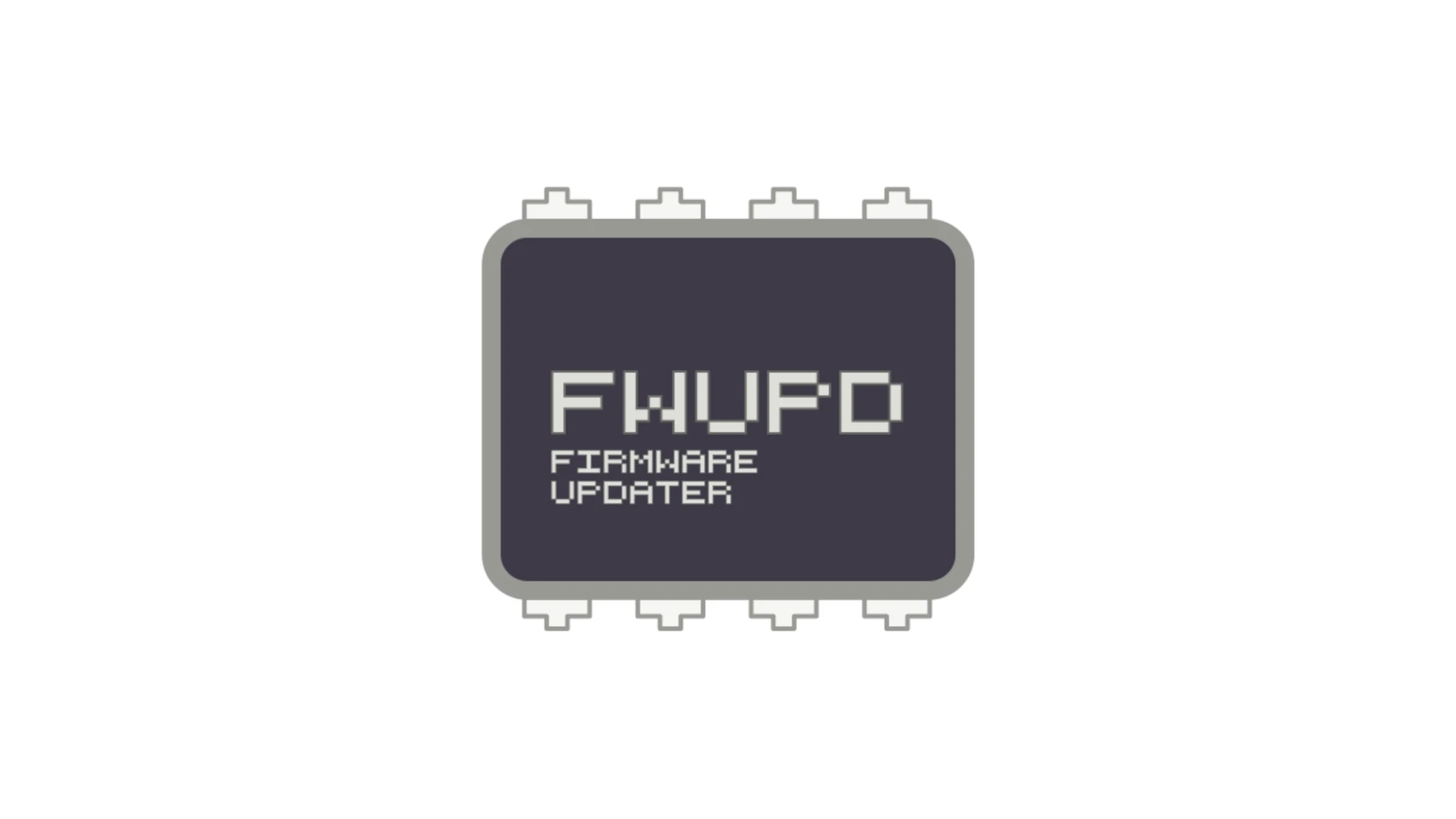Fwupd 2.0.11 has been released, showcasing enhancements aimed at improving Linux firmware updates. This maintenance update comes just two weeks after the previous version, fwupd 2.0.10, and introduces several new features alongside support for various devices.
One of the significant additions in version 2.0.11 is the inclusion of compatibility with the Lenovo Thunderbolt 5 Smart dock. Moreover, the release includes a new check-reboot-needed command that facilitates script usage and the ability to read the SELinux state within the report failure metadata. It also adds a Dell dock ownership command, thereby expanding its utility further.
The update offers additional benefits like support for the subsystem VIDPID provided by ModemManager, adjustments for the rts54hub block size, and capabilities for Legion HID2 downgrades without the need to use the --force option. Furthermore, configuration clearing during upgrades has also been integrated into this release.
Another key feature is the command enhancements, which now allow users to specify multiple DEVICE IDs within the get-updates command. The update also improves caching mechanisms when parsing processed cabinets, fixes report uploads, and implements a fallback mechanism for activation dates if suitable subjects are missing from X.509 certificates.
In terms of operational changes, fwupd now restricts DBX updates on the AiStone X5KK4NAG and no longer utilizes translated low-level error messages in failure reports. It discards certain sanity checks during the parsing of PK, KEK, and db certificates, and omits the systemd.machine_id from failure reports. Additionally, users can now expect an increase in the timeout requested by Logitech RDFU devices, enhancements in VendorID parsing, improved UEFI PK report attribute utilization, and support for newer Synaptics VMM9 devices with a delay implemented post-disabling RC.
For more detailed information regarding these updates, users can visit the project’s GitHub page to view the complete release notes and download the source tarball. It is advisable to install fwupd from the stable repositories of your respective GNU/Linux distribution for optimal performance.
